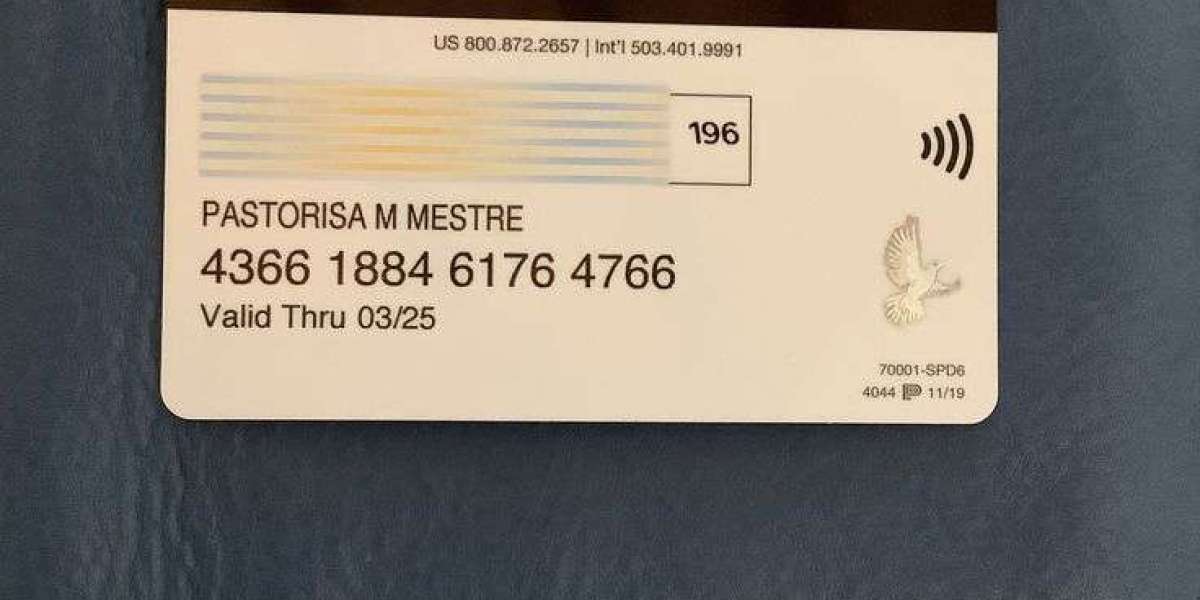Fidelity Properties / Fidelity National Collections: Know Your Rights Against Debt Collection Harassment
If Fidelity Properties / Fidelity National Collections is contacting you repeatedly about a debt, threatening action without proof, or using aggressive tactics, you are not without options. Federal and state laws protect consumers from unfair collection practices. This guide explains what harassment looks like, what legal protections you have, and the concrete steps you can take to stop the abuse.
Who They Are
Fidelity National Collections (sometimes operating under or associated with Fidelity Properties) is a third-party debt collection agency. They collect unpaid balances on behalf of original creditors—often medical providers, service companies, or other businesses. Because they are a collector rather than the original creditor, the Fair Debt Collection Practices Act (FDCPA) and similar laws generally apply to them.
What Behavior Might Be Harassment
Just being called about a debt is not automatically illegal. But certain repeated or unfair practices may cross the line, including:
Calling many times in a short period, especially if you asked them to stop contacting you.
Calling outside reasonable hours (before 8 a.m. or after 9 p.m.), or repeatedly during sleeping hours.
Threatening legal action, wage garnishment, or arrest without carrying through or without legal basis.
Disclosing your debt to family, neighbors, employer, or other third parties.
Refusing or failing to provide written proof (validation) of the debt when requested.
Ignoring written requests to cease further communications.
These behaviors are explicitly addressed by FDCPA protections and may be illegal if used by Fidelity National Collections.
Your Protections Under Federal Law
Under the Fair Debt Collection Practices Act, you are entitled to:
Validate the Debt
You have the right to ask for written documentation that shows that the debt is yours, clearly states the original creditor, and shows the amount. The collector must provide this upon your request.Limits on Contact Times & Frequency
Collectors cannot call you at odd or inconvenient times (commonly, before 8 a.m. or after 9 p.m.). They also cannot harass or repeatedly call you just to annoy or intimidate.Cease & Desist Rights
If you send a written notice telling them to stop contacting you, they must do so (except for certain legally required notifications).Right to Dispute
Within 30 days of receiving validation notice, you can dispute the debt; until they validate, collection must pause for that period.Protection from False or Misleading Statements
They may not misrepresent legal consequences, the amount you owe, or falsely claim to be another company or legal authority.
If Fidelity Properties / Fidelity National Collections violates these rights, you may be able to recover statutory damages, actual damages, legal fees and costs.
What You Should Do If You’re Being Harassed
Here are practical steps to regain control and assert your rights:
Keep detailed records – Note the date, time, phone number, caller’s name, and what was said during every call or message. Save letters, voicemails, texts, and emails.
Request written validation – If you haven’t already, write to them (certified mail is helpful) asking for documentation proving that the debt is valid and belongs to you.
Send a cease & desist notice – If the harassment continues, send a written request that they stop contacting you (except for legally required notices).
File a complaint – If behavior continues, you can file complaints with the Consumer Financial Protection Bureau (CFPB), your state Attorney General, or your state’s consumer protection agency.
Consult an attorney – If the harassment is severe or there are threats, getting legal advice from a consumer-rights lawyer can help you enforce your rights and possibly get compensation.
Natural Anchor
If you believe Fidelity Properties / Fidelity National Collections has crossed the line and is harassing you under debt collection laws, you deserve to know your options. Learn more at Fidelity Properties Inc / Fidelity National Collections Debt Collection Harassment.








